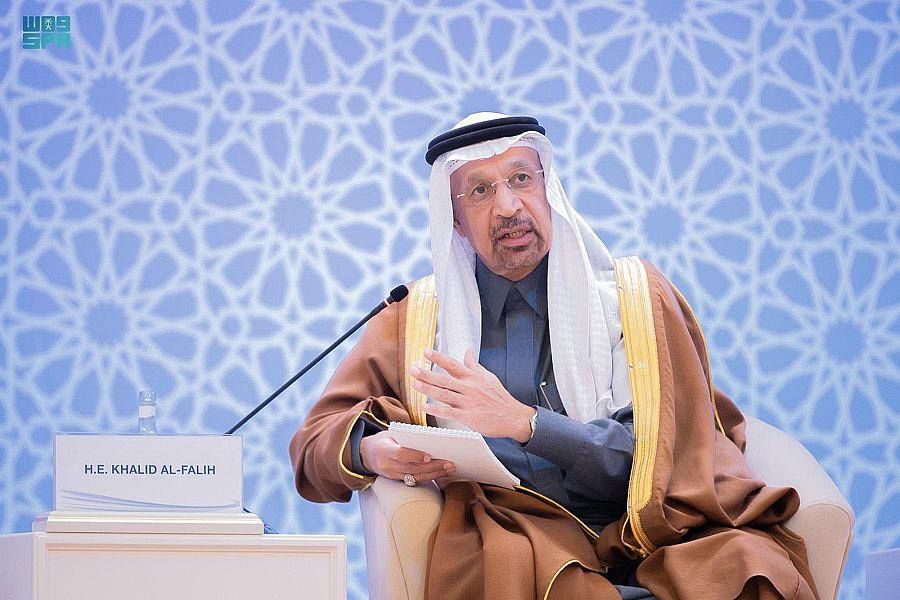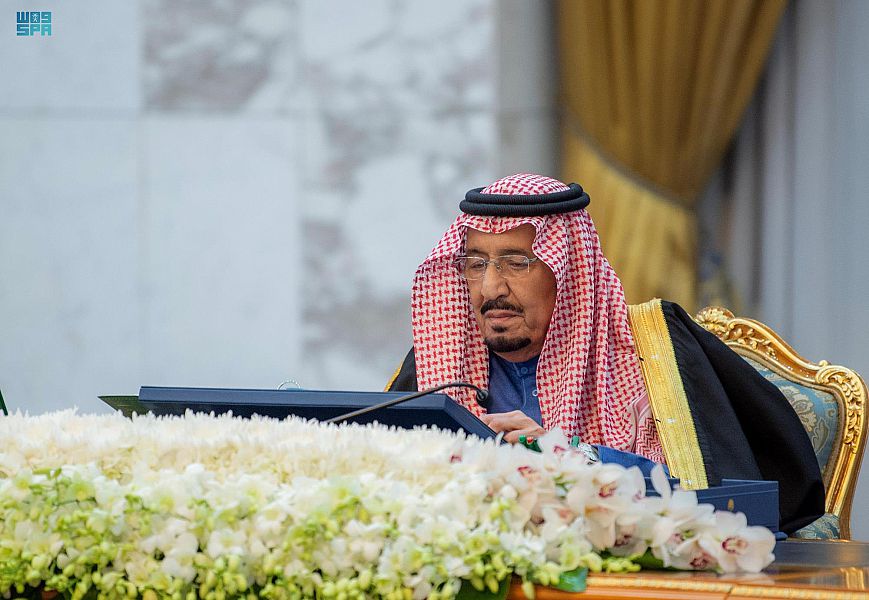
When the mighty Economist devotes a four-page special briefing and its top opinion leader to one subject, you have to sit up and take notice. The movers and shakers who read the influential magazine demand the best analysis.
Last week, it focused on the current situation at SoftBank, the Japanese finance and investing powerhouse (mere “bank” does not really do it justice), run by Masayoshi Son, and its Vision Fund which, at around $100bn in size, is revolutionizing the world of technology investment.
The Economist’s lengthy analysis — based apparently on a long interview with Son and his senior executives — was entirely justified. The SoftBank Vision Fund is the biggest thing to happen in the history of the venture capital industry, and will shape the future of technology investment for decades to come.
The analysis was balanced and objective, with the conclusion that whatever happened with the Vision Fund, “it will happen on a grand scale,” and it is hard to argue with that.
The investment strategy of the Vision Fund is to take big risks on a sector that might, by any conventional measure, be reaching a valuation peak, and which presents unique challenges to conventional investment techniques
The tech sector throws up money-spinning winners, such as Google, Facebook and Alibaba, but it can also produce big-time losers, companies which were once household names, but which are now forgotten. For every “unicorn” — a startup that reaches a $1 billion valuation — there are many one-trick ponies who run out of cash, and ideas.
The Economist rightly highlighted the risks and reservations of the Vision Fund approach, which is a matter of intense debate among professionals in the multibillion-dollar world of tech investment.
The Saudi interest in SoftBank’s Vision Fund goes beyond making money, and represents a shared vision of the future.
Frank Kane
It also mentioned the prominent role Saudi Arabia is playing in helping advance Son’s vision. As it said, the Kingdom’s Public Investment Fund has been an enthusiastic investor in the Vision Fund, making the largest single contribution to the fund at $45bn. Mubadala of Abu Dhabi is another big backer, with $15bn pledged.
But what the Economist did not do in any great depth was to explain the rationale for the Saudi Arabian interest in the Vision Fund. This goes beyond a mere mutual interest in making money, but actually represents a shared vision of the future.
In the case of Son, this is the world in which technology, the digital industries, artificial intelligence and robotics come together to change human life beyond our current recognition.
For Saudi Arabia, it is the Vision 2030 strategy that aims to transform the Kingdom’s economy and society in a similarly radical way.
Anybody who saw Son on stage with the Crown Prince Mohammed bin Salman, architect of the Vision 2030 strategy, at the Future Investment Initiative in Riyadh last October, could not mistake the bond of trust and respect between the two; anybody who saw them together in the Plaza Hotel in New York this March, announcing a $200 billion plan to make Saudi Arabia the hub of the world solar energy industry, could not fail to see the common world view they shared.
That view is long-term in its perspective. The Vision Fund has a 12-year life span, which is roughly the same time the Crown Price has allowed to achieve the Vision 2030 targets. Son, indeed, is already talking about a second, third or even fourth fund.
There is a commonality of sectoral interests. Son’s imagination has been taken by the potential of the hi-tech industry, and he can speak eloquently of the time when all the strands of technology will come together in what he calls “singularity”, when man-made intelligence is equal in power to our innate human intelligence.
The Vision 2030 has at its core a plan to modernize Saudi life, from the dazzling giga-projects such as Neom, where robots will outnumber humans, to revolutionary transport systems like the Virgin Hyperloop high-speed transport system under consideration in the Kingdom and the UAE.
On a more immediate and practical level, both the Vision Fund and the Kingdom have a coincidence of interest in developing transport systems that suit their needs: Saudi Arabia wants to enable women to drive cars, from next month; SoftBank and the fund want to rationalize and consolidate its interests in global ride-haling technologies such as Uber, Didi, Grab and Ola.
The portfolio approach of the Vision Fund — in which invested companies share an ecosystem in which they can be each others customers and give advice and help, even merge — sounds a lot like the approach of PIF, which wants to maximize synergies across the constituent parts of its own diverse portfolio, with the aim of getting to its $2 trillion target valuation.
Above all, both Son and Saudi Arabia have a shared belief in their ability to deliver big, ambitious transformational projects that will change lives. Along the way, both want to enrich their stakeholders — investors on one hand, citizens on the other. But this partnership is about much more than just money.
Frank Kane is an award-winning business journalist based in Dubai. Twitter: @frankkanedubai











